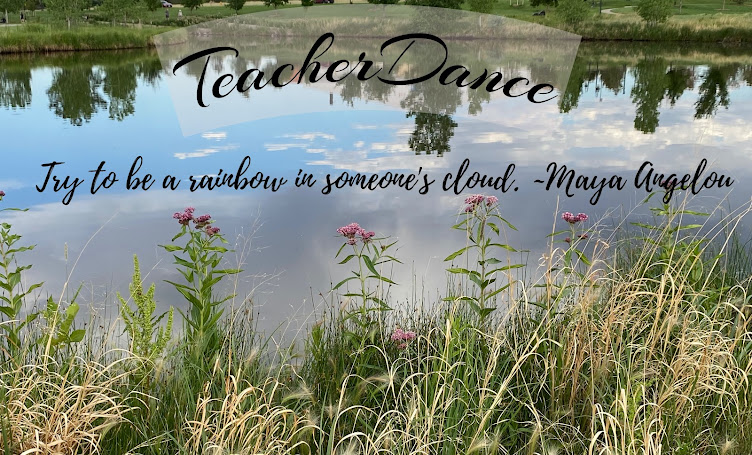It's Monday! What are you Reading? is a meme hosted by Sheila at Book Journeys, a variety of reviews to find even more books that you can't live without.
I managed to finish two books this week: The Blood Lie by Shirley Reva Vernick and An Elephant In The Garden by Michael Morpurgo (War Horse). They are both fiction stories, but based on truth.
The Blood Lie is an alarming story about a little girl lost, prejudices jumping to conclusions, and will be useful in middle school or higher in discussing how people act out of fear when they encounter differences, and the terrible result of a seed planted with rumors and lies. In this particular story, one person needed to move the searchers out of the woods where people were searching for the girl because he was waiting for an illegal liquor delivery. (It was the time of Prohibition.) So, he told the story that Jewish people made sacrifices of young children in order to use their blood on special holy days. It is based on an event that happened in a community of Massena, New York in 1928, when a young girl disappeared and a Jewish boy was accused of her murder. Five years later Hitler held the reins of power in Germany.
Incidents based on the book’s lie have occurred in Russia as recently as 2008, and even more recently been reported in Canadian and Swedish newspapers. The author further reports that in 2004 alone, there were more than 9,000 reported hate offenses in the U.S., according to the FBI. The book is not exciting, but does raise the tension for the reader to discover what will happen to the boy and his community when such lies are told and believed. It does not extend information like the thoughts of others very much, is quite brief in showing any opposing beliefs by non-Jewish friends. I often found myself wanting to know more about the opinions of everyone, and continued to ask myself what would I do in this situation. Using this as a read aloud would bring about much discussion of the sometimes-complex difficulty of doing the right thing, understanding actions by placing them in historical context, considering challenges today also. It is not an enjoyable story, but by studying and discussing the actions and reactions of various people in the community, perhaps we will learn something about ourselves, and our students.
An Elephant In The Garden is a book I grabbed in our school library because I thought it was an interesting title, looked inside to see that it might be another middle grade title (it is), and brought it home. It’s a quick read, based on a story from Belfast, Ireland, about a woman who was given permission to care for an elephant at night during World War II. During World War II, when cities were being bombed, or under the threat of being bombed, zoos decided that when the bombing happened, the animals had to be destroyed, for their own protections and for the community’s.
This story was adapted and placed in Dresden, Germany when a mother, her teenaged daughter and young son had to flee when the Allies were bombing the city of Dresden so heavily. The mother worked at the zoo, and brought the young elephant home at night. They ended up fleeing with the elephant and saving a young Canadian pilot who parachuted from his plane. The predominant story is that of their flight to gain the safety of American troops. The book is told by the teenaged daughter, but it begins in modern times with another single mother who works in a nursing home, and who, with her son, befriends an old woman who turns out to be the teenaged daughter in the book. Each part of the book begins at the nursing home, then turns to the words of the older woman who wants to tell her story of “an elephant in the garden” that previously had been thought to be her ramblings whose memory was not quite right. It is an interesting weaving of the two parts with the consistent theme of telling the truth. Like The Blood Lie, this book too brings up questions of the integrity of telling lies. Is it okay to lie to protect oneself and others? When is it not okay? I can imagine rich conversations about this book throughout the action in the story. The other theme concerns the tragedy of war, the separation of families, the destruction of ways of life, no matter if one is the enemy or the ally. It would be an excellent book for middle readers.
I am reminded of two other books from World War II that tell of this horrible result of being at war, both poignant, excellent and informative: Faithful Elephants by Yukio Tsuchiya that concerns the zoo in Tokyo, and The Zookeeper’s Wife by Diane Ackermann about the Warsaw zoo.
Now: Currently reading A Chance Child by Jill Paton Walsh, concerning child labor, and TBR-The Mighty Miss Malone by Christopher Paul Curtis.
Happy Reading Everyone!


Linda - I love that quote by Sagan. Beautiful and so, so true. I haven't read the two books you have this week, thanks for the detailed summary. And Enjoy The Mighty Miss Malone, a wonderful read!
ReplyDeleteThe Blood Lie was such an interesting book- sad, terrifying, but informative and interesting. The other book sounded interesting too- will add to my TBR.
ReplyDeleteEnjoy your reading this week.
Thanks for us guesting The Blod Lie, Linda, it sounds like an important book and one I need to read first before considering it for my sixth graders.
ReplyDeleteI've been hearing so much about Morpurgo that I think I have to start cracking on his books lying unloved on my shelf. Oh dear, so many great books so little time.
ReplyDelete